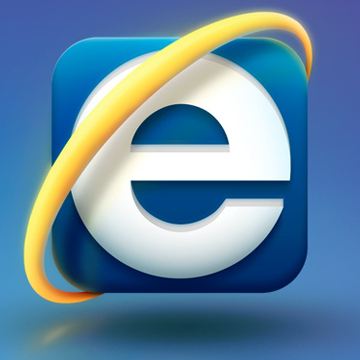US, UK Governments Say Avoid Internet Explorer

A number of news outlets are reporting that the US and UK governments have issued a warning advising users of Microsoft’s Internet Explorer web browser to stop using it for now due to a major vulnerability. There are a number of alternative web browsers available, including Mozilla Firefox and Google Chrome. Both of them have mobile versions […]
